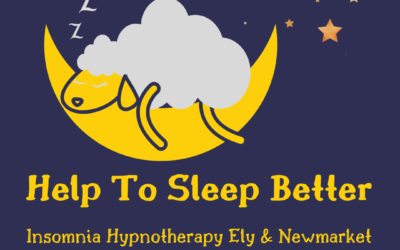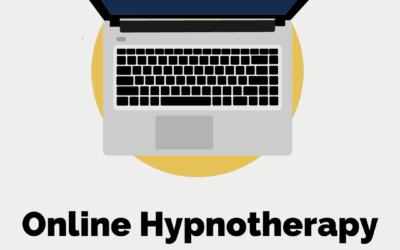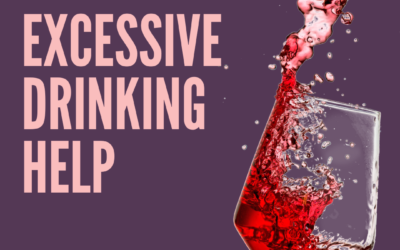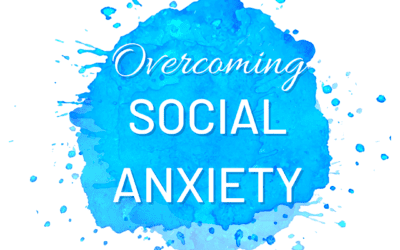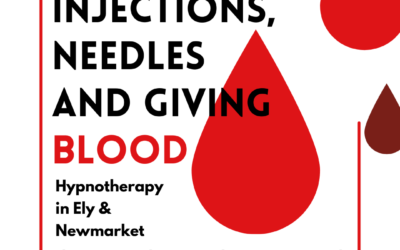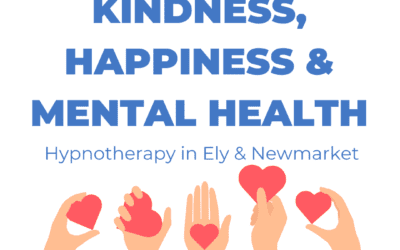Required
Ely Standard Cover My Business Award! Hypnotherapy in Ely and Newmarket
Ely Standard Cover My Business Award! Hypnotherapy in Ely and Newmarket
I recently shared my success at the Ely Business Awards 2023 where I was fortunate to pick up another award for Service Excellence.
The Service Excellence category recognises a business that delivers outstanding assistance and advice to those who use the businesses products or services. Thanks so much again to all of you for your ongoing support and for continuing to share your positive hypnotherapy reviews and to recommend me to others who are seeking help and support with issues like anxiety.
I’ve already covered all about the award and how grateful I am for my hat-trick of winning an award three years in a row in previous articles. And recently the Ely Standard covered my awards success (thank you Ely Standard!) and I thought you might like to take a look at their news article today…



